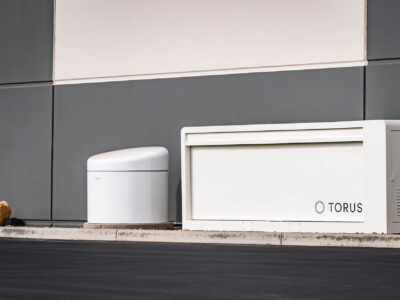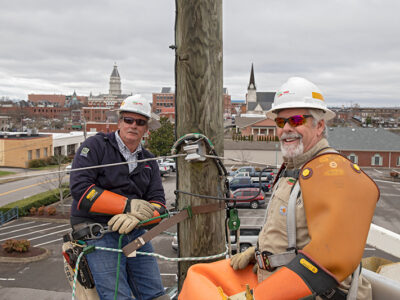Babylon Micro-Farms™ is an innovative startup from Richmond, VA, that creates small hydroponic operations for universities, hospitals, elderly care facilities, and more. In Doha, Qatar, 6,973 miles away, sits the 6,762-passenger MSC World Europa, a cruise ship from MSC Cruises worth ~$100 billion. While an unlikely pairing, the two have partnered to install the world’s first-ever hydroponic farms on a vessel.
MSC Cruises collaborated with Michelin-starred chef Niklas Ekstedt to design a menu for its new restaurant concept, the Chef’s Garden Kitchen. Thanks to Babylon’s onboard hydroponic garden, the restaurant focuses on natural, farm-to-ocean ingredients. Babylon Micro-Farms’™ co-founder and CEO Alexander Olesen spoke with Consensus about the opportunity to expand from exclusively land-based partnerships to ocean-bound ones.
“The cruise ships obviously have no produce; they could be anywhere in the world. They don’t know what the climate is outdoors — what a huge thing to do,” he said.
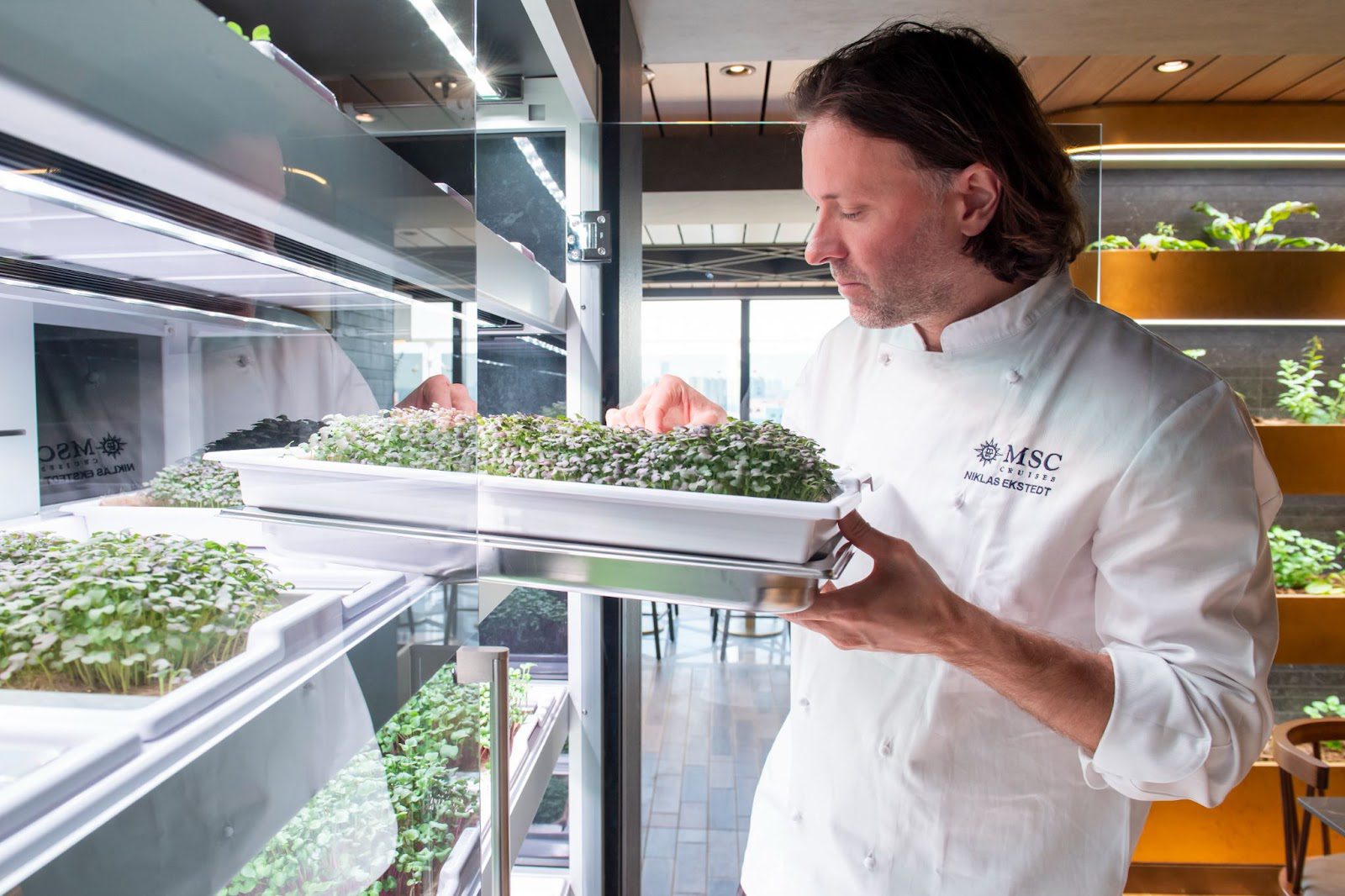
The concept of Babylon Micro-Farms™ started when Olesen and Graham Smith, the company’s co-founder, were students at the University of Virginia working on a project to provide food for food-insecure refugees in the Middle East. Before long, the company was installing its setups at university dining halls, elderly care facilities, and hospitals across the country.
Its partnership with MSC Cruises is a big stepping stone for future expansions, but the company’s core value proposition remains the same. “It’s a year-round, reliable source of fresh produce grown using a fraction of the resources,” Olesen said.
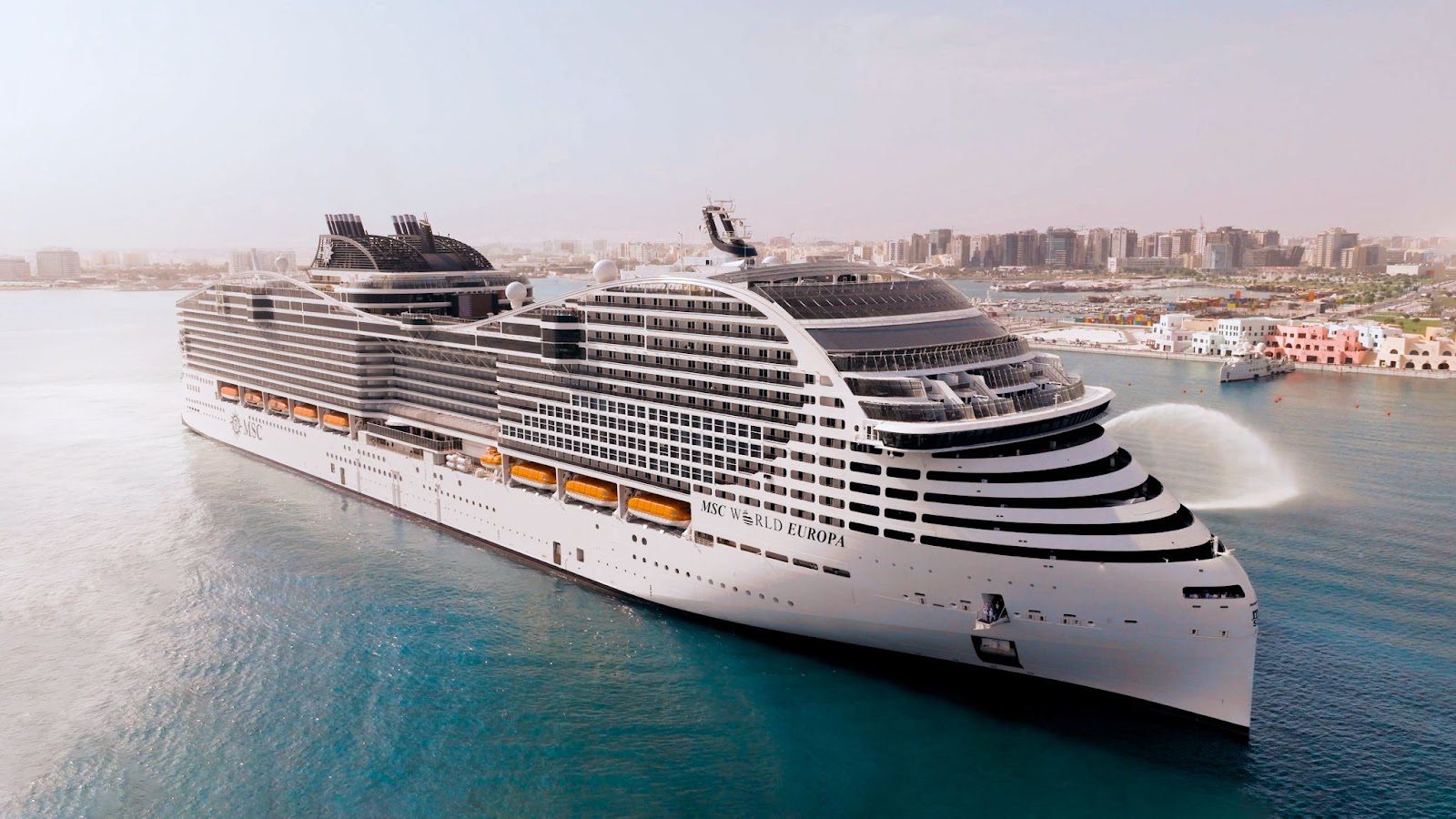
The partnership wasn’t without its challenges. “MSC is the client, but they were not the ones building it. They were not the ones doing the interior design,” Olesen said. “We had to coordinate with them. It was a heavy lift.”
Cruise ships are a lot different from Babylon’s past clients, but Olesen sees a wide variety of future applications and use cases for their micro-farm technology.
“New cruise ships, new buildings, that is where we see ourselves. As circular buildings come online, they’re gonna have solar panels on the rooftop,” he said.
“They’re gonna have micro-farms in the basement, and that’s going to help create much more self-sufficient and sustainable communities.”
Circular buildings and infrastructure are gaining steam in cities and states across the U.S., like New York City. While still at the early stages of the transition, startups like Babylon Micro-Farms™ are well-positioned to capitalize on the growing need for clean energy technology, like small vertical farming operations in building basements.
Hydroponics can seem like a complex science for those still new to gardening and growing produce. However, Babylon Micro-Farms™ takes a beginner-friendly approach with its guided growing app. It helps users get started, including suggestions on popular seeds to pick and data on plants’ water levels and overall health.
Unsure how to begin gardening or creating an operation? The company’s website and LinkedIn have lots of educational materials and lessons on how to get involved. Olesen’s favorite plant to grow is basil, so newbies can always start there!
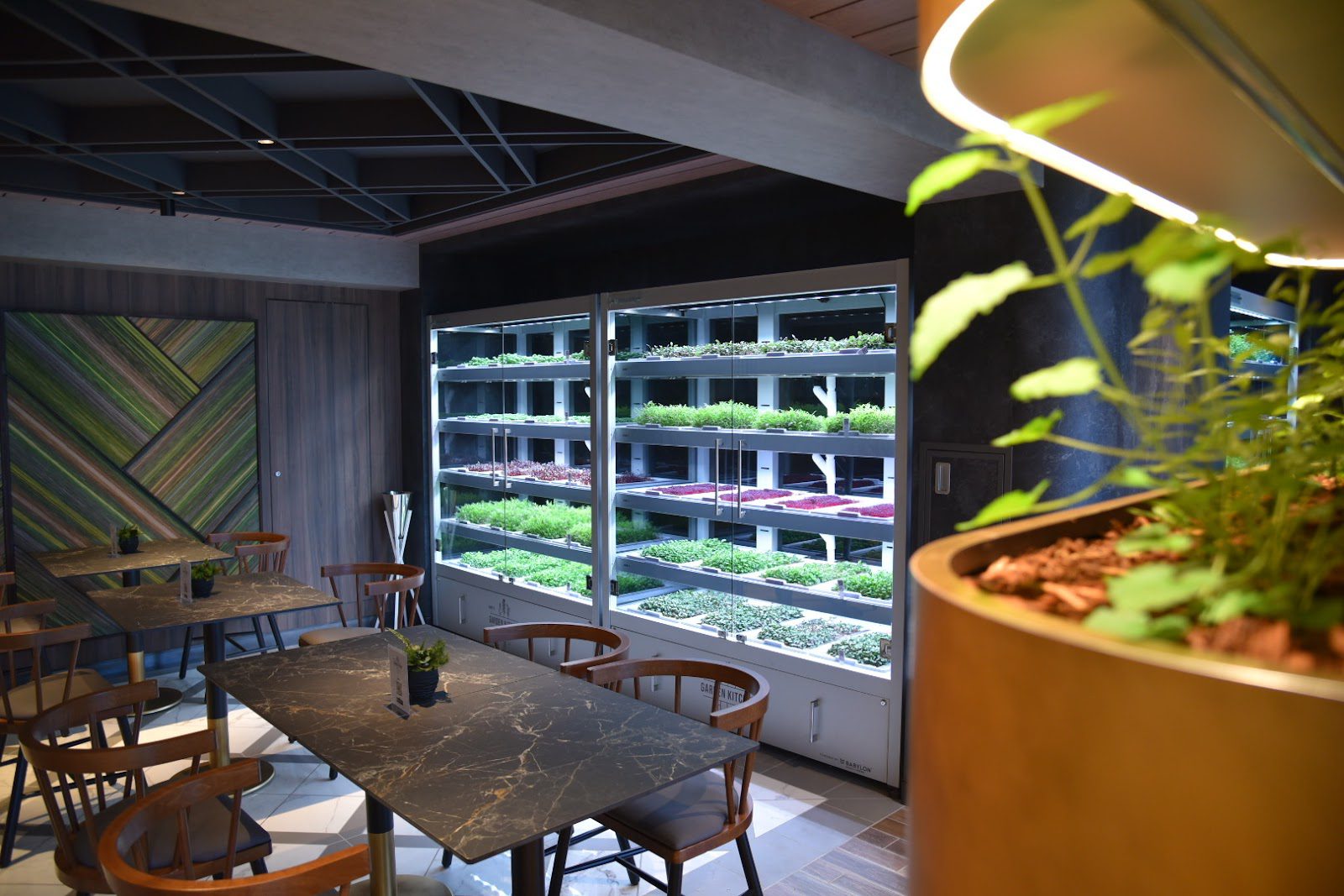
The estimated value of the hydroponics market is expected to grow from $9.5 billion to $17.9 billion by 2026. This massive potential brings forth new narratives, data, and questions about the industry.
Olesen spoke about the common misconceptions surrounding Babylon. “I think it’s trying to compare what we do to what’s out there,” he said.
“A lot of people certainly in the investment community and others are trying to compare us to a field in California that’s shipping farms or a big greenhouse gas operation in the Netherlands.”
“This is a new concept. We are not tapping into traditional produce markets. We’re not going through retail,” Olesen continued. “We’re eliminating the supply chain. We’re empowering businesses and communities to grow their own food, and that is a different kind of behavioral shift. We’re kind of creating our own lane.”
Hydroponics eliminates a massive source of food industry waste: agriculture and deforestation, responsible for almost 70% of the food industry’s emissions. Micro-farms remove supply chain inefficiencies and further reduce water waste and other environmentally-harmful processes like pesticides and irrigation.
The first-ever hydroponic setup on a cruise ship won’t change the world by itself, but it’s another positive use case showing the power of the practice. Babylon Micro-Farms™ is growing a new, food-secure future for us all.


